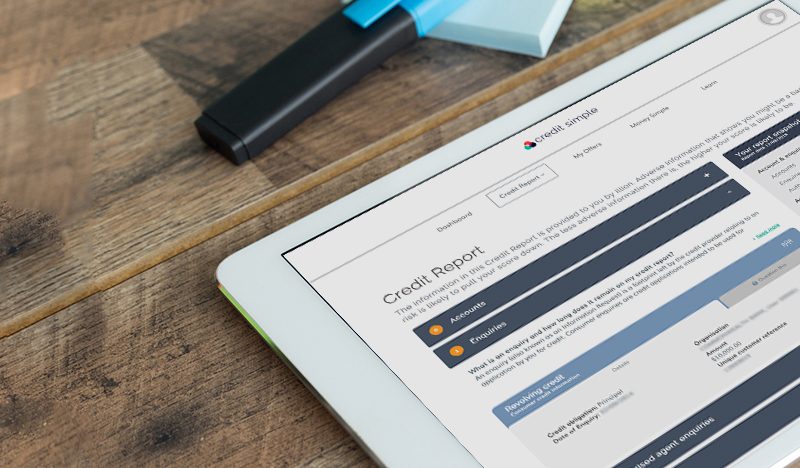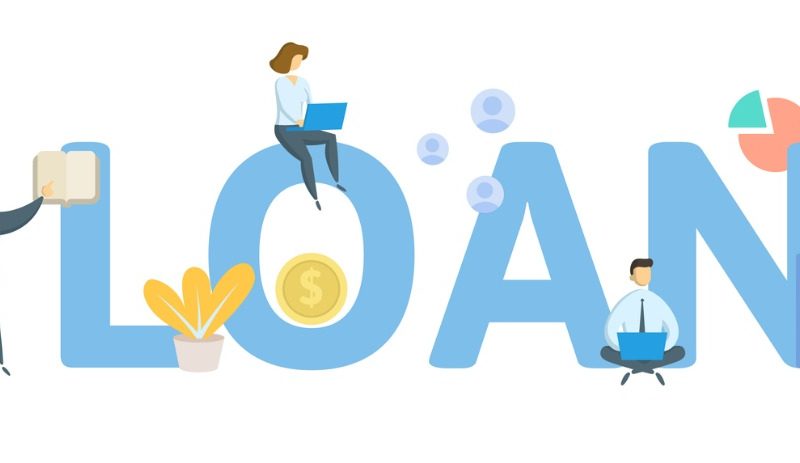What to do if you’re a victim of identity fraud
Everyone knows someone who has been a victim of fraud. It can be a total nightmare when a cybercriminal has dipped into your bank account, stolen your credit card details or taken out credit in your name.
In the short term your credit score is going to take a dip because you can’t simply delete it. Don’t despair, however. You’re not the first person in this situation and it can be ironed out.
There are a number of different types of fraud that befall Aussies, says Steve Brown, director of bureau engagement at illion (Credit Simple’s parent company). They include:
Identity theft
This is where a fraudster pretends to be you. Sometimes all they need is your name and birth date. The criminal may also get his/her hands on your passport, driver’s licence, credit cards and other documents and uses them to get credit. Even photocopies of these documents can be used to defraud you. The first you might know is that you start receiving credit card or store account bills you know nothing about.
Electronic fraud
All you have to do to tall victim is click on a link in a phishing email, malware or virus via email. It takes just one click to load a key logger on your computer and record your bank account login and password. The malicious email probably looks like it came from your bank, the Australian Tax Office or other organisation you have an account with. What’s more, once the fraudster has your login credentials for one account there’s a good chance you use the same passwords for others. Beware that eBay accounts can be accessed in this way and your feedback reputation ruined.
Credit or debit card fraud
This happens if your credit or debit card is stolen and used. Perhaps you’ve been shoulder surfed at an ATM and then your card is pick pocketed a few minutes later. More sophisticated fraudsters sometimes skim your card, create a copy and start spending on it.
Such frauds are the most insidious things that can happen to you around your credit history, says Brown. “Often the people whose identity or ID is stolen are very good credit risks, making them targets for fraudsters.”
It’s not your responsibility to pay this money back. In the meantime, however, you need to take steps to clear your name and sort out the mess. “There is a lot of work to unwind the damage done,” says Brown.
If you don’t act, the black mark on your credit record could stop you borrowing money in the future, buying a home, or even getting a job because employers often credit check potential employees. There have been cases in the past where debt collectors have chased fraud victims.
The good news is that there is a process that you need to follow. The steps to take are:
- Check your credit report. Monitor your credit report often to see any changes.
- Report the crime. You need to report the crime to the police.
- Tell your credit providers. Send the police report to your credit providers and ask them to remove the default or footprint on your credit report.
- Prove you were never there. Quite often, says Brown, lenders and credit providers can identify the location of the IP (Internet) address where the fraud was committed. If you can prove you weren’t in Nigeria, the Ukraine or Tasmania at the time it happened, that could help.
- Set up a credit alert. Ask the three credit agencies illion, Experian, Equifax and the Tasmanian Collection Service to put an alert on your credit file to warn other credit providers and stop the fraudsters in their tracks.
- Repeat. When you think the problem is dealt with get a copy of your credit report from each of the four agencies to ensure that none of the fraudulent entries remain. If they do, approach the credit providers again.
- Get help. If you need help consider contacting the local Citizens Advice Bureaux, local Legal Aid commission, or the Financial Ombudsman Service Australia for advice.
- Have the fraud alert removed. Sadly your credit score is going to be compromised until this is all cleared up. When it is finally ironed out contact the three agencies to remove the fraud alert.
- Post Tags:
- credit score
- fraud
- identity theft
Credit Simple
Credit Simple gives all Australians free access to their credit score, as well as their detailed credit report. See how your credit score compares by age, gender and community and gain valuable insights into what it all means.
All stories by: Credit Simple


